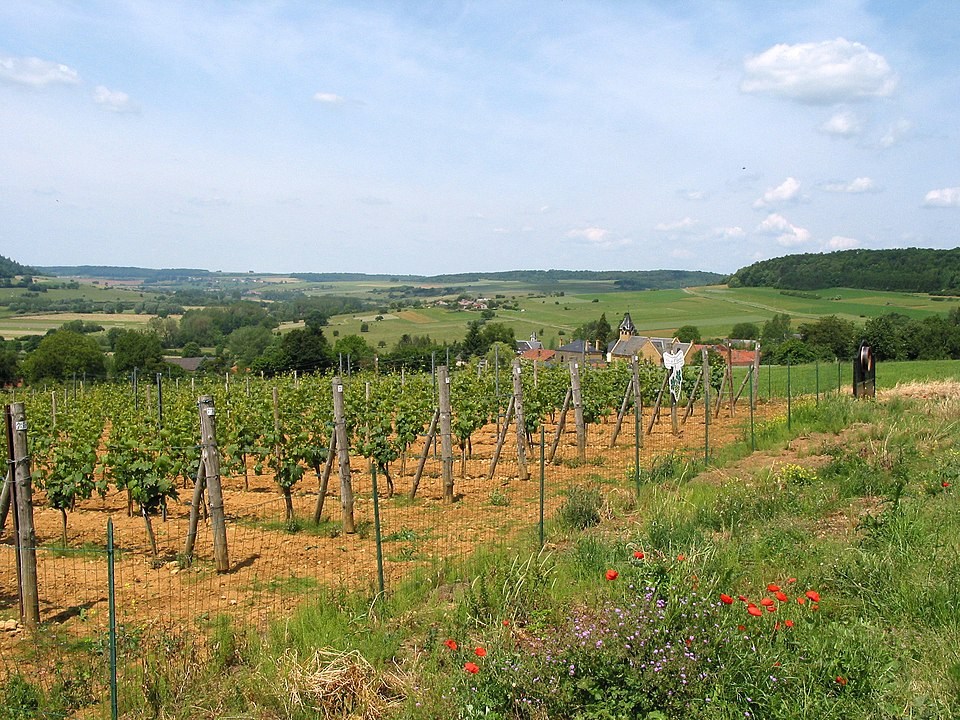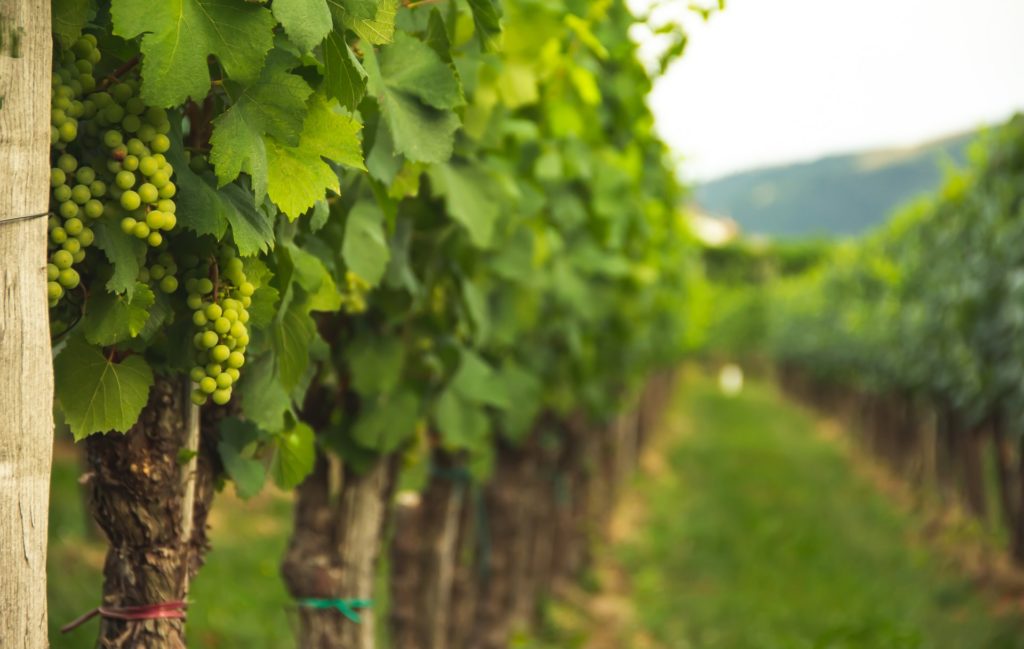With global temperatures rising and increasingly erratic weather patterns, the wine industry faces unprecedented challenges that will disrupt how many are used to operating. This has led some to employ innovative viticultural techniques used by the Romans.
Archaeologist Dimitri Van Limbergen, a postdoctoral researcher at the Research Foundation Flanders at Ghent University, has shed light on the potential of ancient Roman viticulture to mitigate today's climate woes. Speaking to VRT, he highlighted the need to adapt viticulture if we are to continue producing wine.
One of the primary challenges posed by climate change is the accelerated ripening of grapes, which leads to higher sugar levels and elevated alcohol content in wines. Moreover, the emergence of new pests and fungal diseases constitutes another challenge, especially in temperate regions like Spain, southern France, and Italy.
As a result, Van Limbergen told VRT that much can be learnt by revisiting ancient Roman viticultural practices, notably the "arbustum system". Unlike modern vineyards characterised by neat rows of short-pruned vines, the Romans adopted a more holistic approach, intertwining vines with trees in what can be described as agricultural orchards.

A vineyard in Torgny in Luxembourg province, the southernmost place in Belgium. © Jean-Pol Grandmont/Wikimedia
This system of agroforestry – once prevalent in ancient times – offered numerous benefits: natural shade for grapes and a more regulated temperature that steadies the ripening processes.
While the Roman viticultural method has largely passed into obscurity, pockets of experimentation are underway in regions like Portugal and southern France. In these regions, winegrowers are reintroducing elements of the arbustum system to counteract rising temperatures and ensure grape quality.
The symbiotic relationship between vines and trees not only moderates temperature but also aids in soil drainage — a crucial factor in preventing waterlogging and fungal diseases, which can adversely affect grape yields.
However, the widespread adoption of ancient Roman viticulture would not be possible either. It would only be viable under certain conditions and regions. Nonetheless, Van Limbergen was optimistic about its potential, particularly for smaller wine producers operating in areas experiencing significant temperature spikes.

